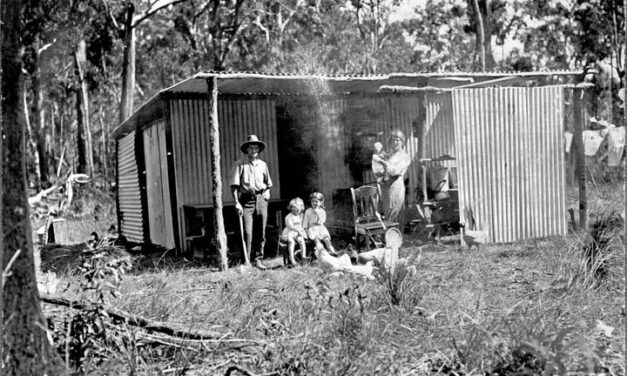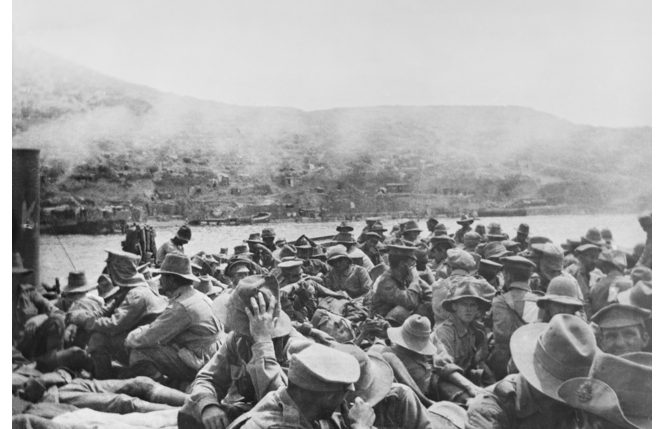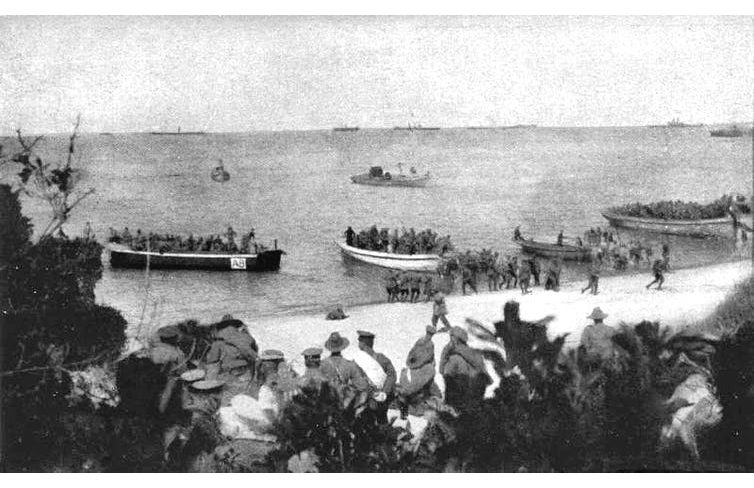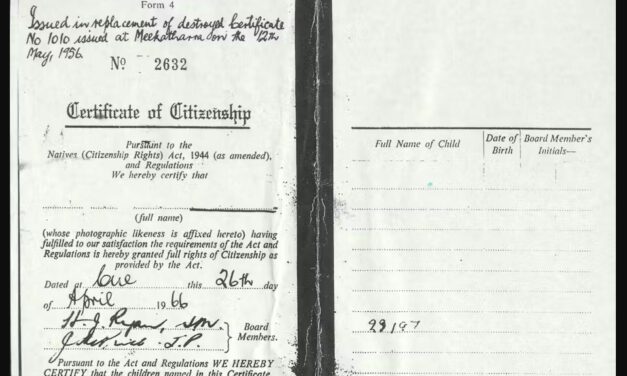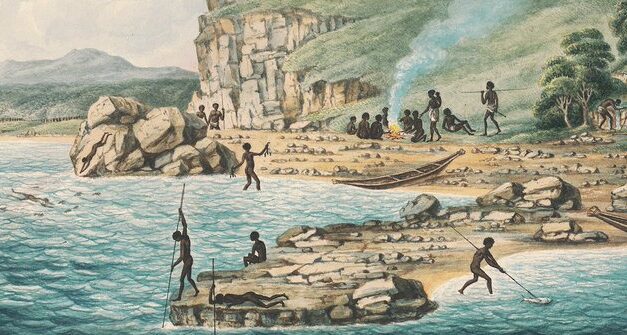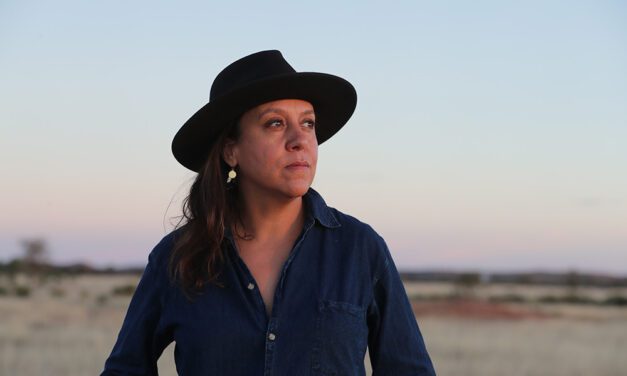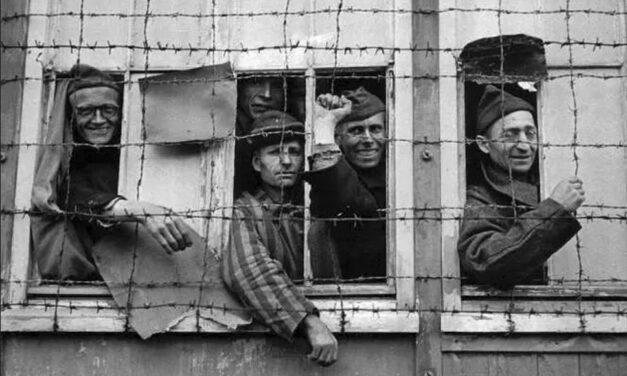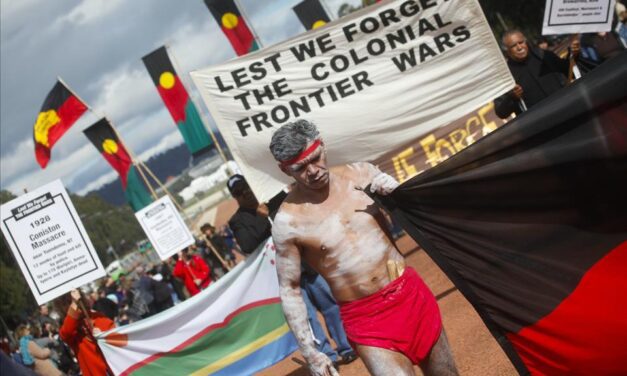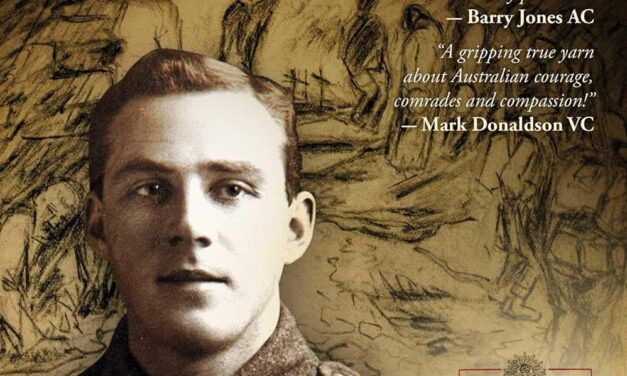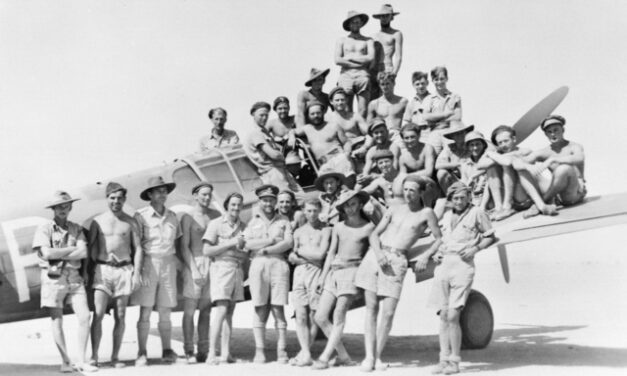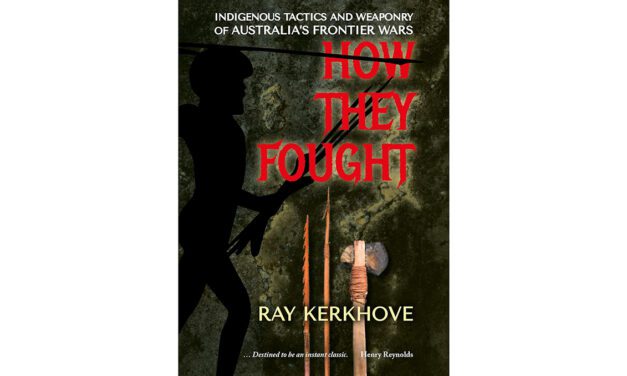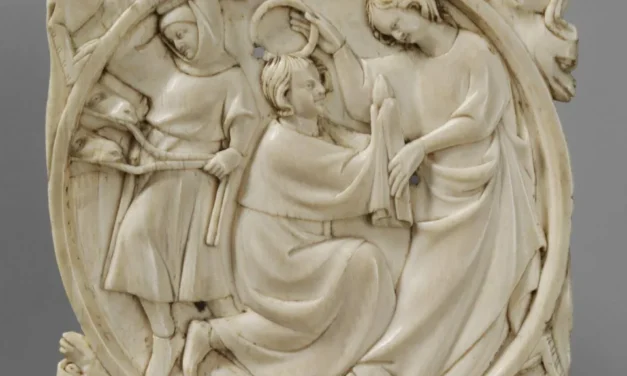What Australia’s convict past reveals about women, men, marriage and work
Reading time: 5 minutes
It is not the presence of convicts that matters, but the drastic distortion in the ratio of men to women that came with it. Convict men outnumbered convict women by roughly six to one. These numbers were even more skewed at the start of settlement. Convicts were joined by free migrants, especially in the second half of the 19th century, whose numbers also skewed heavily male. The ratio of men to women was consistently skewed in favour of males in Australia until the start of the first world war.

